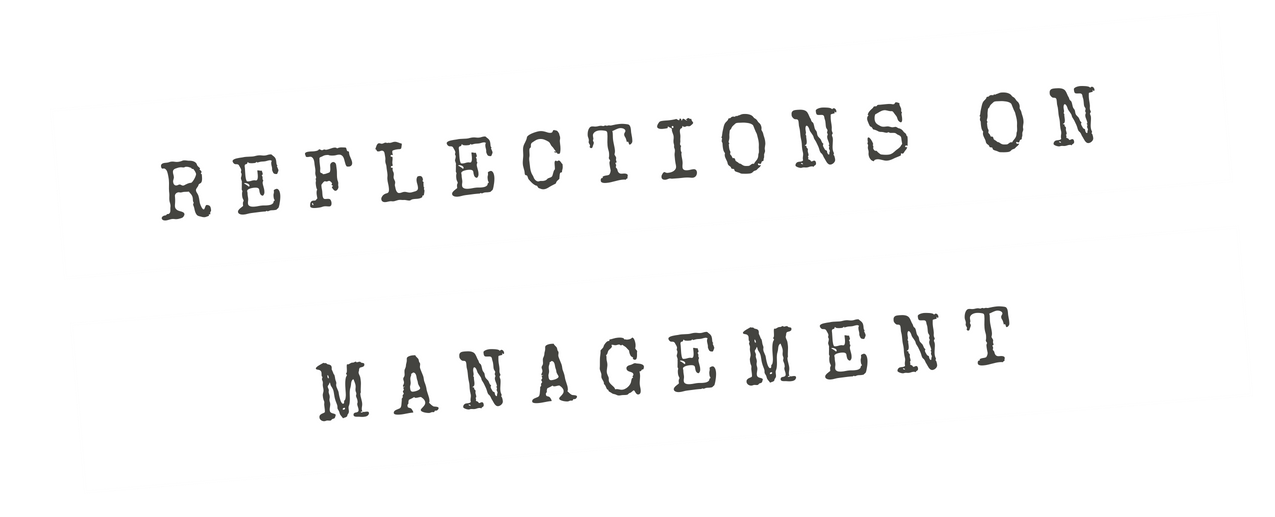If you don’t actually find ways to increase the number of people who can get inside the gate, all you’re doing is increasing the crowd outside the gate who can’t get in. The competition gets that much tighter.
Season 6, Episode 2 — Click here to download the transcript
In part one of the series on the social contract, I presented the general ideas and background, the social contracts that we all live under in the West anyway, have served us for a long time. They provide the basis for our membership and societies and organizations, what individuals give them and what they receive in return. It was also clear that there are criticisms against the idea of the social contract, how it enables a sense of differentiation among members and reinforces those differences despite efforts to change them. But if only it were so simple to remove or abolish those factors that enable such differentiation so that all would be treated as equals. So why can’t it be that simple?
I argue that our focus on interpersonal relationships, though valid, is insufficient. True, when we talk about how injustice manifests itself, it is felt at a personal level. But fixing interpersonal matters will not solve the systemic problems wrought on by competition and associated structural forces. There are competitive events going on all the time between individuals, between individuals and organizations, among organizations, between organizations and society, etc.. So the competition is very multilayered. It’s very complicated. In some ways the outcomes do not appear to be random, which then raises the natural questions when in the aggregate, these competitive events seem to show that certain biases in the competitions exist. Can we address these sorts of biases such that the competition can be fair and equitable while also accommodating a much larger pool of competitors?
Works Referenced:
O’Broin-Molley, F. (2016, July 3). Unconscious bias. Fiach O’Broin Molloy (blog). https://medium.com/@socialbeings/unconscious-bias-a9a145642fd9
To, C., Kilduff, G. J., & Rosikiewicz, B. L. (2020). When interpersonal competition helps and when it harms: an integration via challenge and threat. Academy of Management Annals, 14(2), 908-934.


